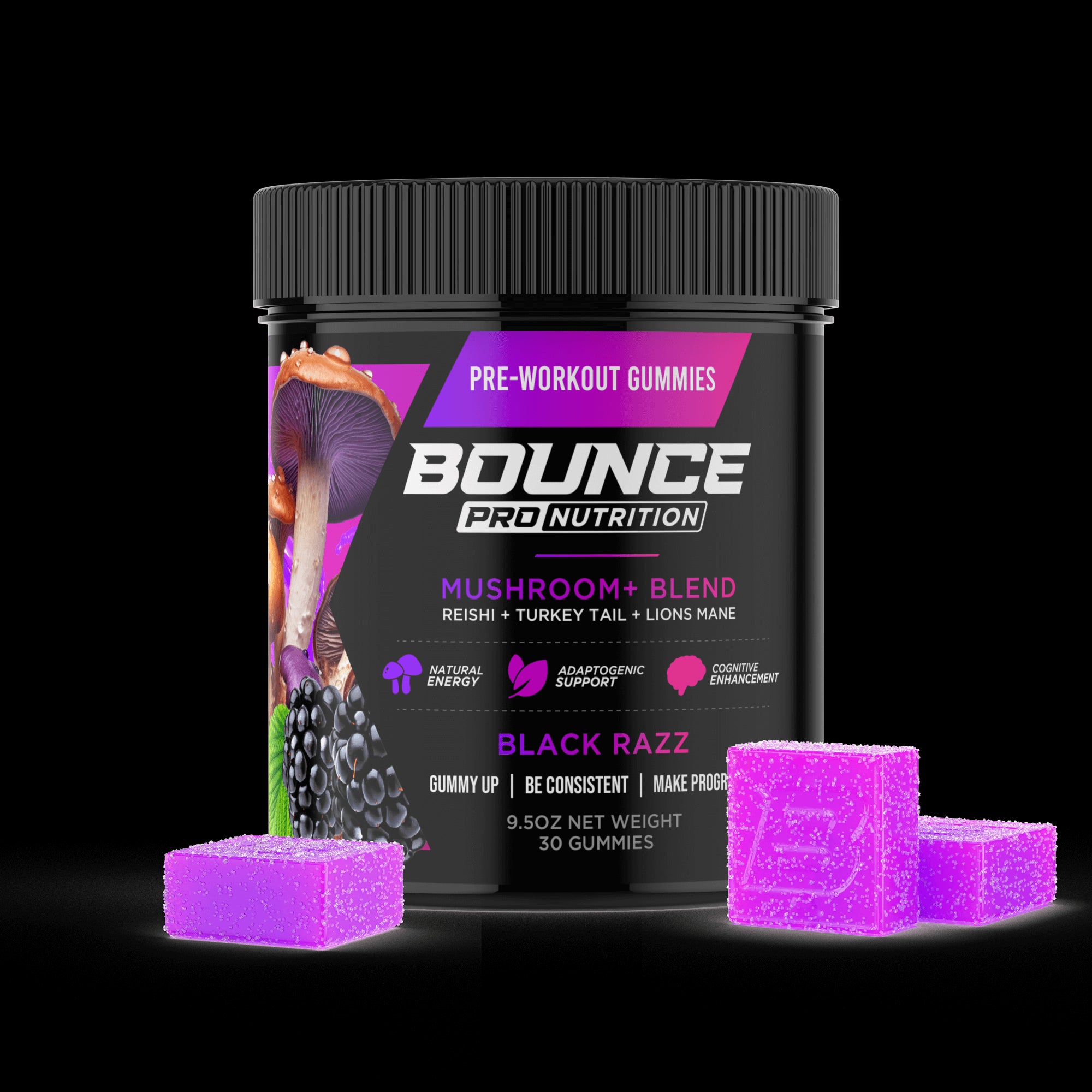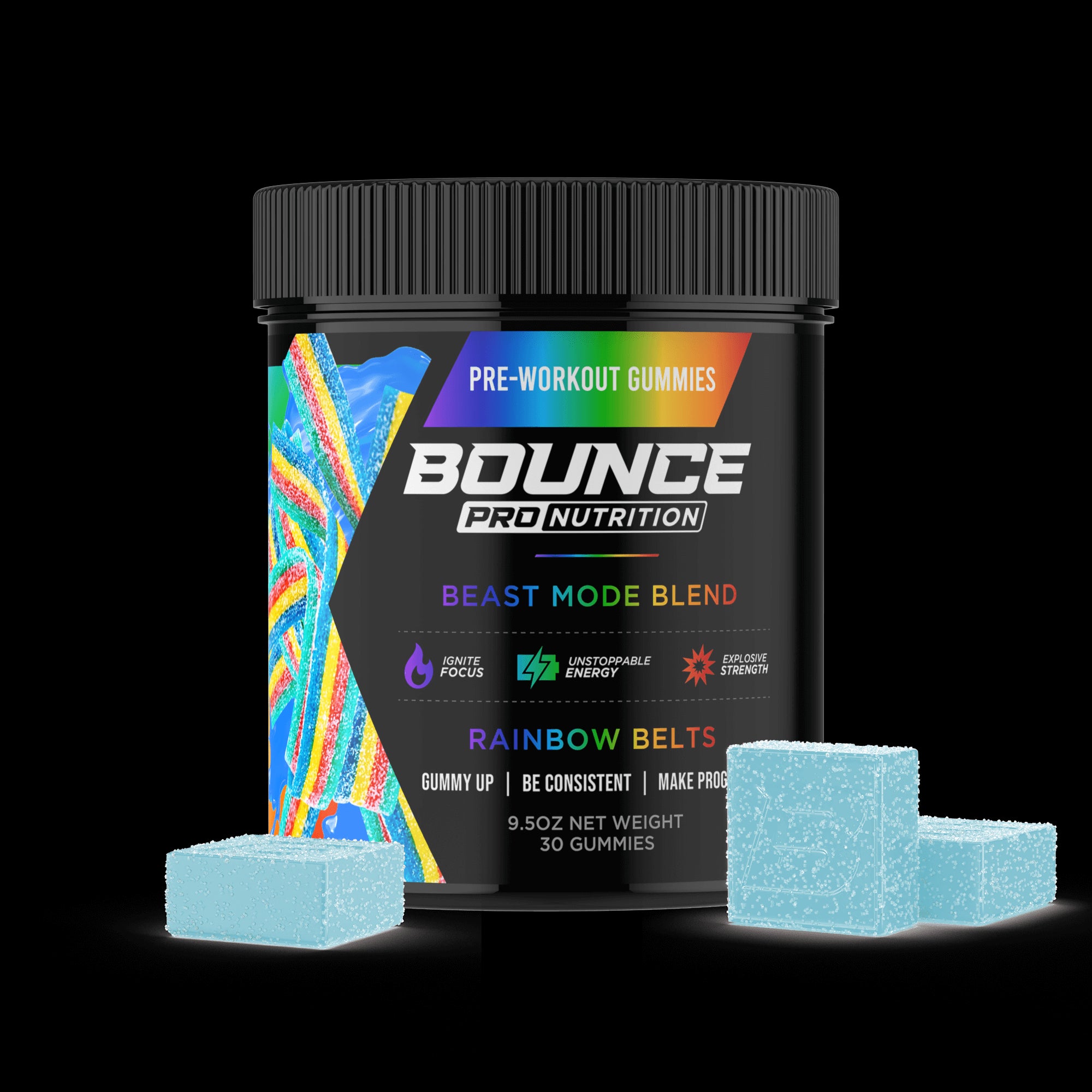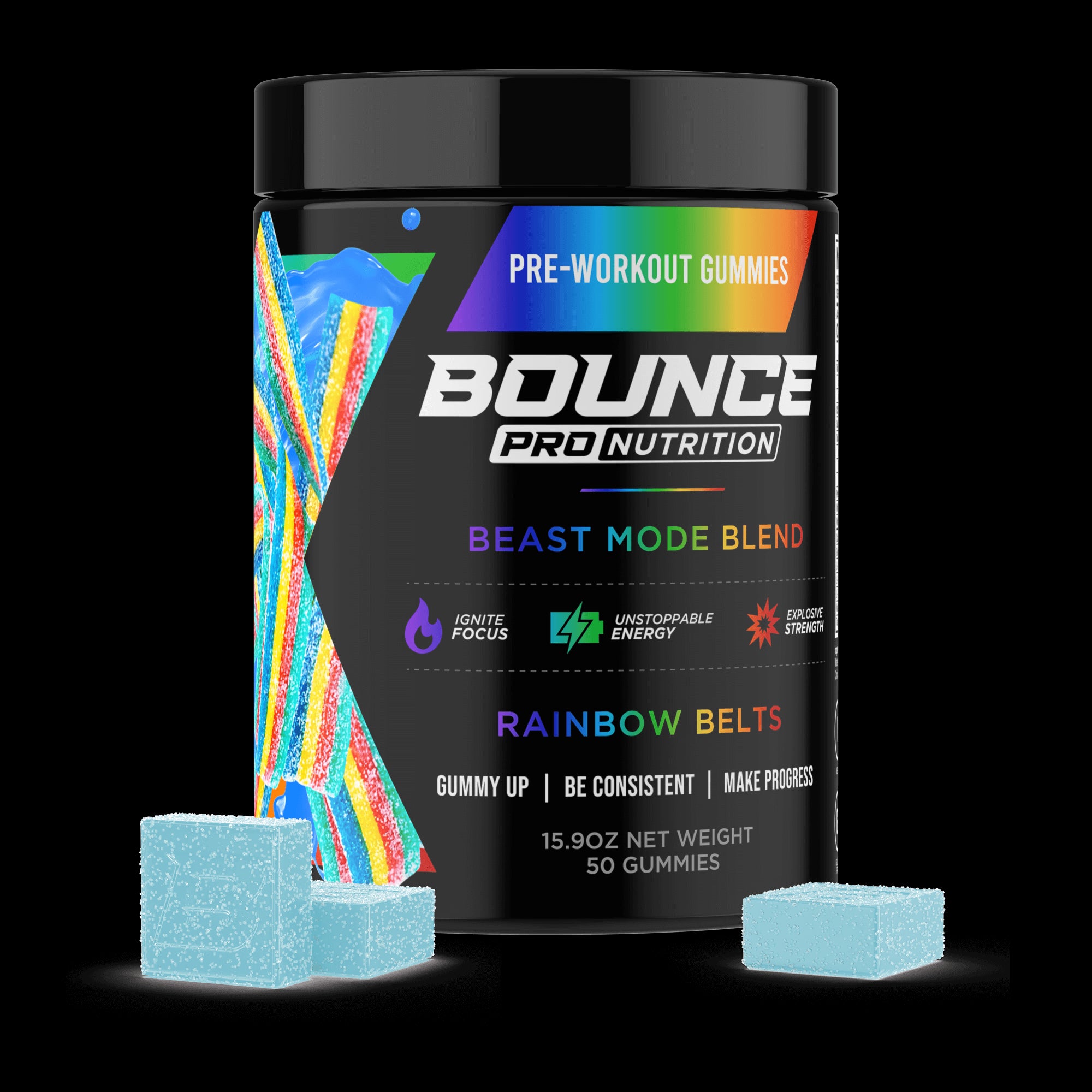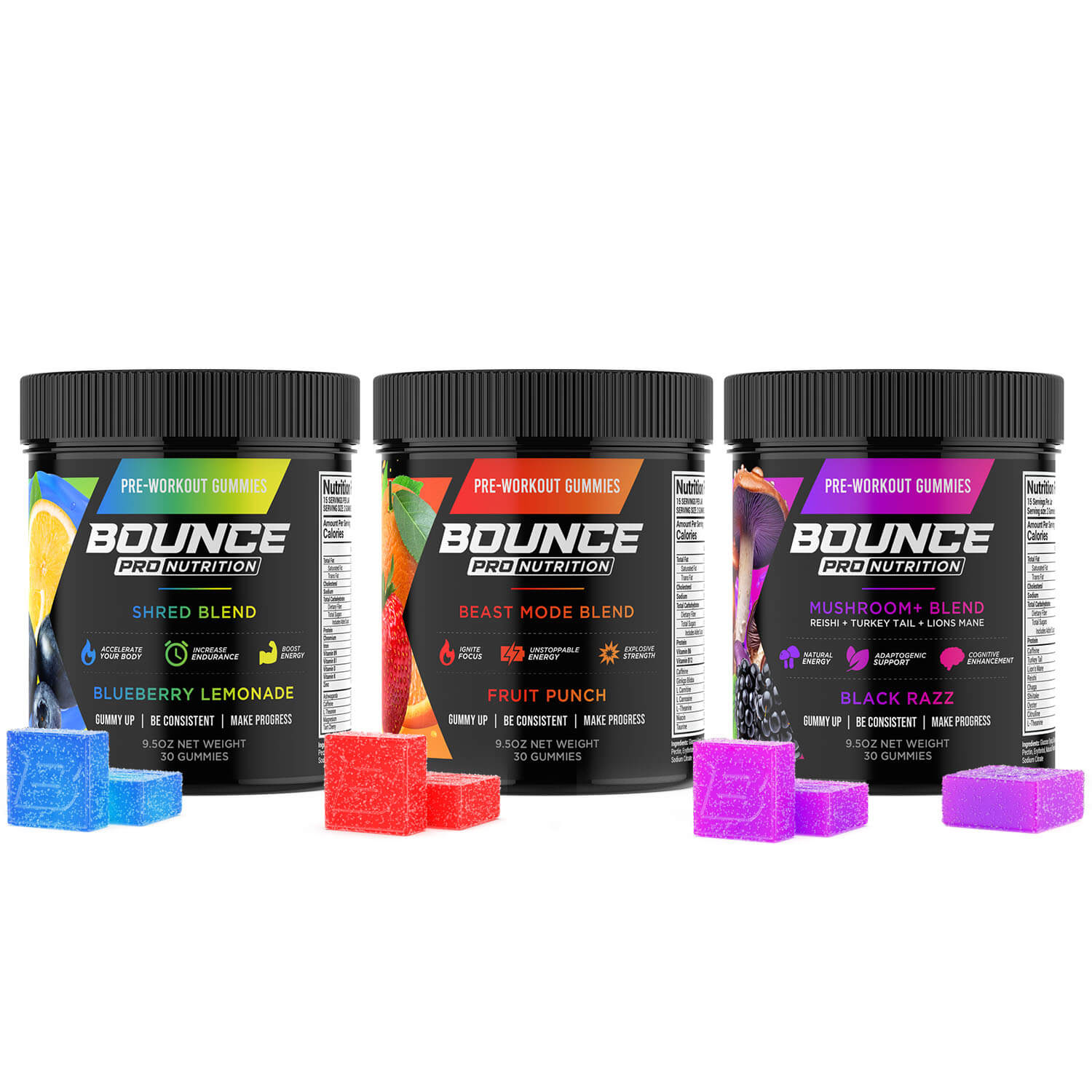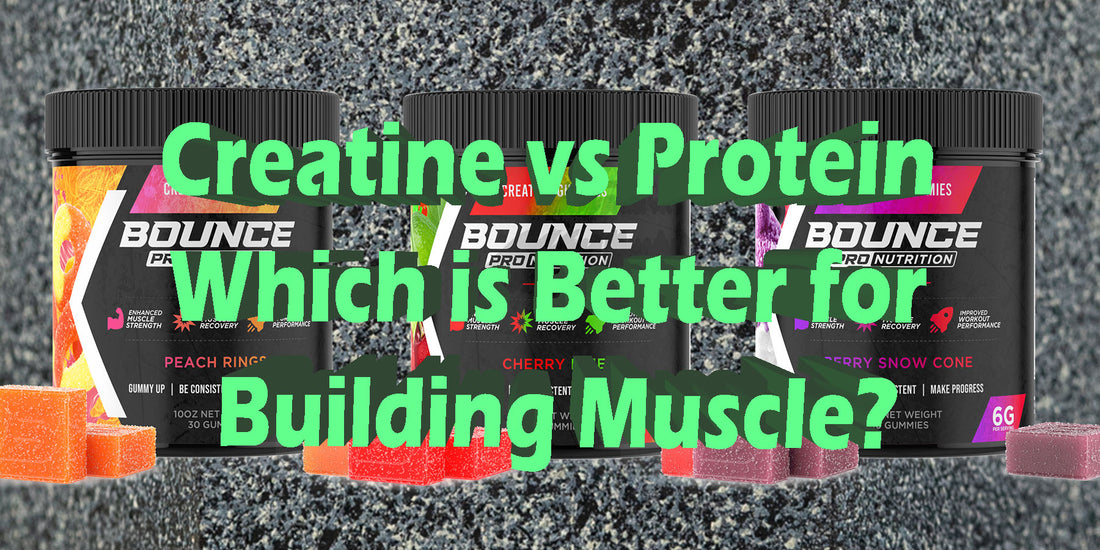If there are two supplements that are constantly recommended to fitness enthusiasts, they’re creatine and protein – the OG supplements, if you will. Both present in our diets, and well-researched for their safety and efficacy, they remain at the top of everyone’s lists for a reason.
With creatine becoming extremely popular right now, we want to compare it to protein, as the two are often sold in the same locations together. Let’s talk about how they differ from one another, the role that each one plays in your fitness routine, and whether or not they can be used together to maximize one another’s benefits.
TO BUY CREATINE GUMMIES CLICK HERE
Creatine
First, let’s start with creatine, which is an amino acid that’s found in the muscles and the brain of the body, and is produced by the liver, pancreas, and kidneys, in amounts of about 1 gram each day. Creatine is also found in red meat and seafood, but to really reap the benefits of it, higher doses are required, which is why workout enthusiasts supplement it.
Creatine serves a number of uses throughout the body, including its positive effects on cognition and skin health. But, it’s most popular for its effects that relate to exercise, as it can boost muscle strength and muscle growth, while drawing water into the muscular tissue. Creatine can also offer performance-enhancing effects, boosting stamina and endurance so that a person can push themselves harder in the gym.
Like we said, creatine is a naturally occurring compound in the body that’s mainly made in the liver, as well as other organs. Its production results from the presence of three other amino acids: glycine, arginine, and methionine. People can also get creatine in their diet by consuming certain animal proteins.
Creatine is stored in the muscle cells of the body, and each time we use the muscles, their creatine levels are used up and must be replenished. Of course, if the body is not getting enough creatine, either by producing it on its own or by consuming it through diet, then the muscles will not be able to get the maximum benefits that this supplement allows.
Basic Benefits
- More energy through ATP genesis (adenosine triphosphate, an energy building block).
- More endurance.
- More muscle mass.
- More muscle strength.
- Water retention in the muscles to prevent injury and cramping, and aid in muscle size growth.
Efficacy of Creatine
Creatine has long been known for being highly effective, and research has observed its benefits for years, proving that its efficacy is high.
Safety of Creatine
Creatine is considered safe. It does not interact with any medications or supplements, and has not been found to cause serious side effects or bring dangers to those with underlying conditions. Creatine may cause bloating, upset stomach, and dehydration, but these side effects are not incredibly common, nor are they real cause for alarm.
How to Take it
Creatine should be taken once a day to maintain active levels in the muscle tissue, to avoid creatine depletion. 2-5g are recommended daily, although some serious fitness enthusiasts “load” creatine during the first week of use by taking up to 20g daily, to build up reserves.
Protein
Protein is a macronutrient found in many foods we consume, including animal proteins, nuts, legumes, and more. Overall, protein is more abundant in food sources than creatine, although supplementing it, is ideal for those who are serious about working out and getting results fast.
Burning through too much protein can lead to a deficiency, and working out requires a lot of protein in the system, so it’s best to supplement if you’re exerting yourself with each fitness session. You can find both animal and plant-based protein supplements on the market, most often in powder form.
Protein acts as a critical building block to muscle mass, so you really can’t build muscle without it. By consuming protein prior to working out, you’re supporting the body’s ability to convert protein into bigger and stronger muscles.
Protein also supports energy levels, so you can accomplish more while working out, while aiding in muscle recovery once you’re done exercising. Protein, like creatine, also benefits muscle strength, so that your muscles can push themselves harder when resistance training.
Basic Benefits
- More endurance
- Increased muscle mass
- Improved muscle strength
- Better, healthier recovery
- Uptick in energy
Efficacy of Protein
Like creatine, protein is a proven beneficial supplement for fitness enthusiasts, and many believe that anyone who exercises regularly must supplement with it to keep the body healthy.
Safety of Protein
Protein is a crucial aspect of our diet, whether or not we work out. Therefore, protein is very safe to consume on a daily basis, in supplemental form as well as in dietary form, without any real risks or side effects.
How to Take it
Protein is an essential nutrient, meaning that the body cannot survive without it. But, those who exercise tend to require up to twice the amount as recommended for dietary purposes, which is why 20-25g is suggested for anyone who works out regularly. Protein can be taken daily without any harm – again, the body actually needs protein in order to survive.
The Bottom Line: Take Both for Maximum Results
Both protein and creatine have a lot to offer to anyone who wants to work out efficiently, and simply reach their goals in terms of fitness. Both are naturally occurring supplements that the body uses to fuel energy, muscle growth, strength, and more.
And, the good news is that you can take both creatine and protein safely, on a daily basis, together. Actually, pretty much any fitness expert will tell you that without both creatine and protein supplementation, you’ll never be able to maximize your exercise routine.
The key is finding both high-quality creatine and protein supplements, and then making sure that you’re taking the appropriate dosage for the demands of your fitness routine, as well as your body weight. This way, you know that you’re giving your body what it needs to turn each exercise session into a healthier, fitter you.









